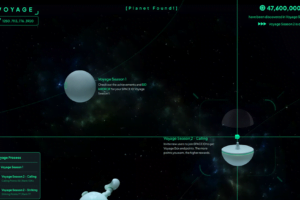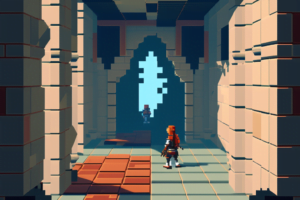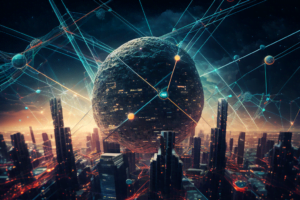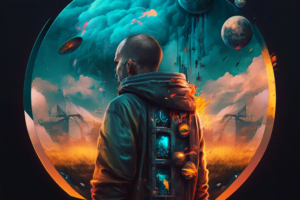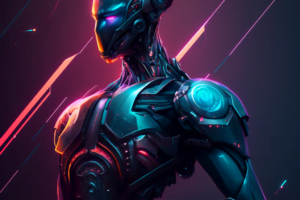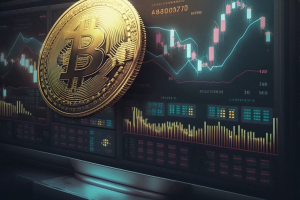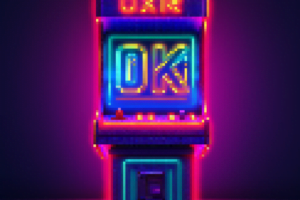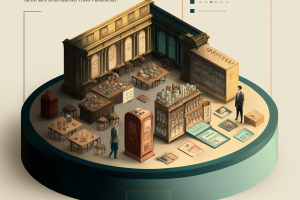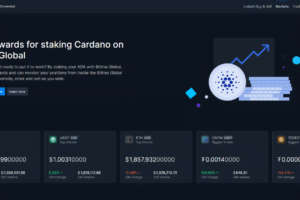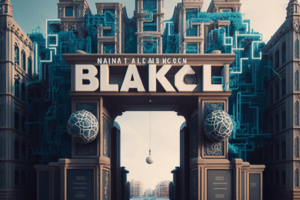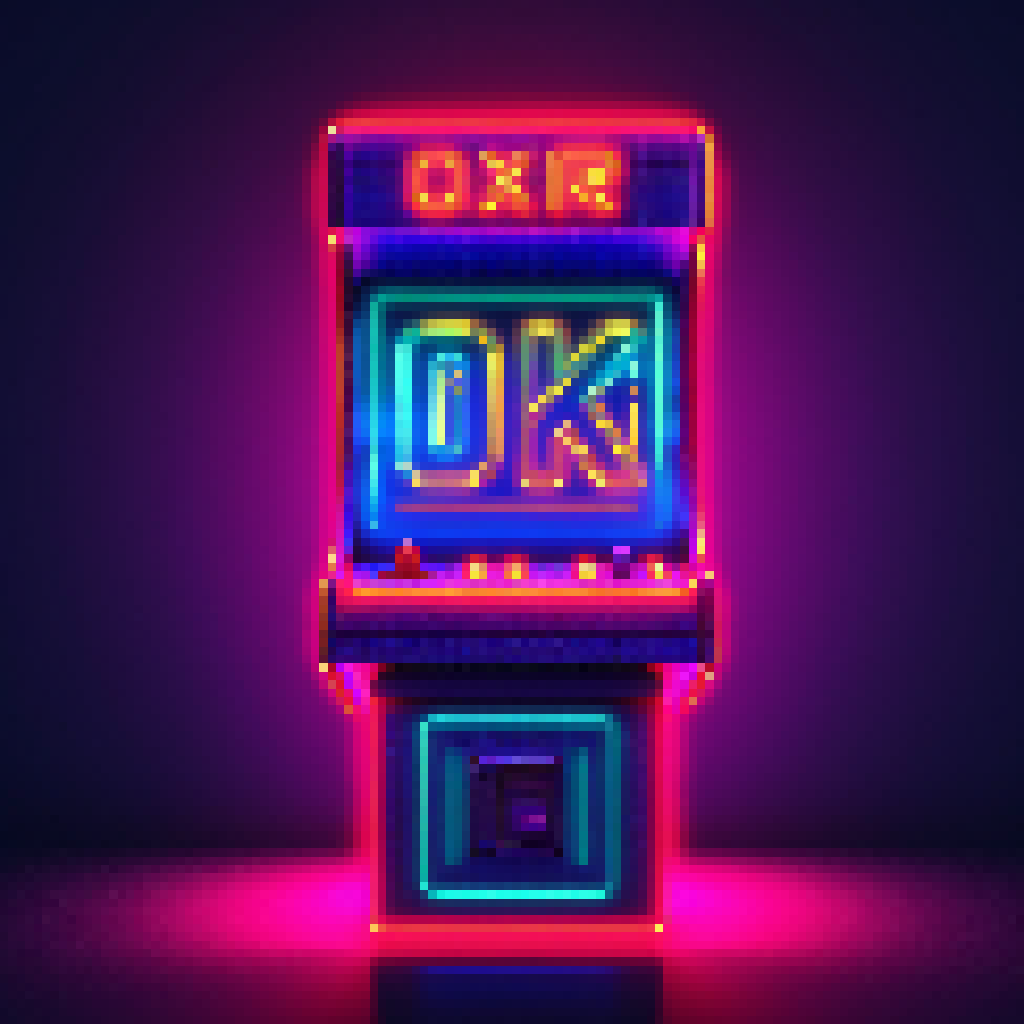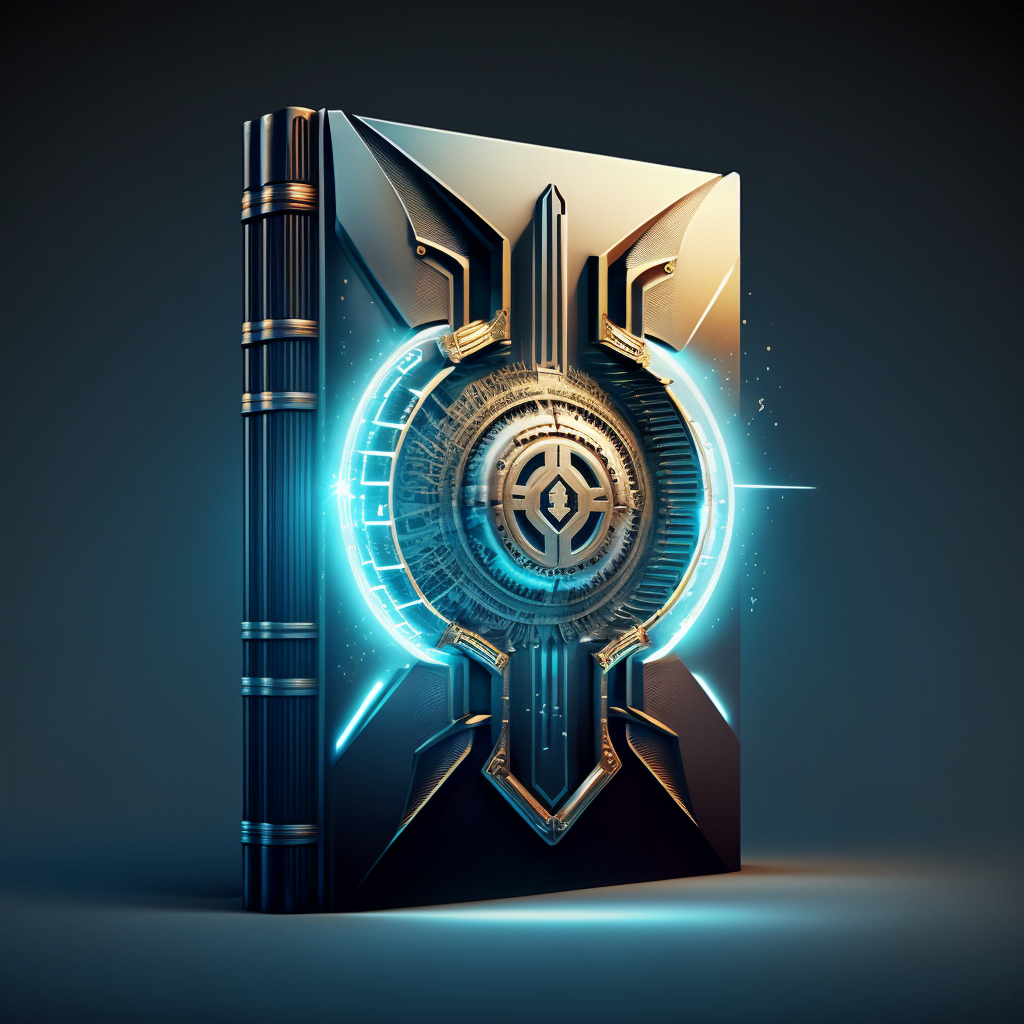Non-fungible tokens (NFTs) have emerged as a groundbreaking innovation in the world of digital assets, disrupting various industries, including art, gaming, and collectibles. However, the rapid growth of the NFT market has raised important questions regarding copyright and intellectual property (IP) rights. In this article, we will explore the evolution of NFT copyright and IP, the legal implications surrounding these digital assets, and the recent developments in this complex field.
NFTs and Copyright
NFTs represent unique digital assets, often linked to digital art, music, videos, or other forms of creative content. While owning an NFT grants the buyer certain rights to the associated digital asset, it does not automatically transfer copyright or IP rights to the owner. In most cases, the creator of the digital content retains the copyright, allowing them to control the use, reproduction, and distribution of their work.
Legal Implications and Challenges
The intersection of NFTs and copyright law presents various legal challenges that must be addressed to ensure the protection of creators, buyers, and sellers in the NFT market. Some of the key issues include:
- Infringement: Unauthorized use or reproduction of copyrighted material in the creation of NFTs can lead to copyright infringement claims. This can be particularly challenging in cases where the NFT creator is anonymous, making it difficult to hold them accountable for any infringement.
- Licensing and royalties: NFT creators must carefully consider licensing agreements when creating and selling their digital assets, particularly if their work includes copyrighted material owned by others. Additionally, authors and artists should establish mechanisms to ensure they receive royalties from secondary market sales of their NFTs.
- Fair use: The concept of fair use, which allows the limited use of copyrighted material for specific purposes, such as commentary or criticism, may also come into play in the NFT space. Determining whether the use of copyrighted material in NFTs constitutes fair use is a complex and evolving area of the law.
Recent Developments and Solutions
As the NFT market continues to grow, legal professionals, policymakers, and industry stakeholders are working together to develop solutions that address the copyright and IP challenges presented by NFTs. Some of the recent developments include:
- Smart contracts: Smart contracts can be used to automate the licensing and royalty payment process, ensuring that creators receive their fair share of the revenue from NFT sales and transfers. This not only streamlines the payment process but also helps to protect creators’ IP rights.
- Standardization and best practices: Industry organizations, such as the Blockchain Game Alliance and the Interplanetary File System (IPFS), are working towards the development of standardized guidelines and best practices for NFT creators and platforms, with a focus on ensuring the protection of copyright and IP rights.
- Legal education and resources: Law firms and legal professionals are increasingly offering educational resources and consulting services to help creators, buyers, and sellers navigate the complex landscape of NFT copyright and IP law.
Conclusion
The NFT market’s rapid growth has brought forth a series of complex legal implications and challenges related to copyright and intellectual property. By developing solutions such as smart contracts, standardized guidelines, and educational resources, industry stakeholders can work together to create a more secure and legally compliant ecosystem. As the NFT space continues to evolve, so too will the legal landscape surrounding these digital assets, shaping the future of creative content ownership and protection in the digital age.




